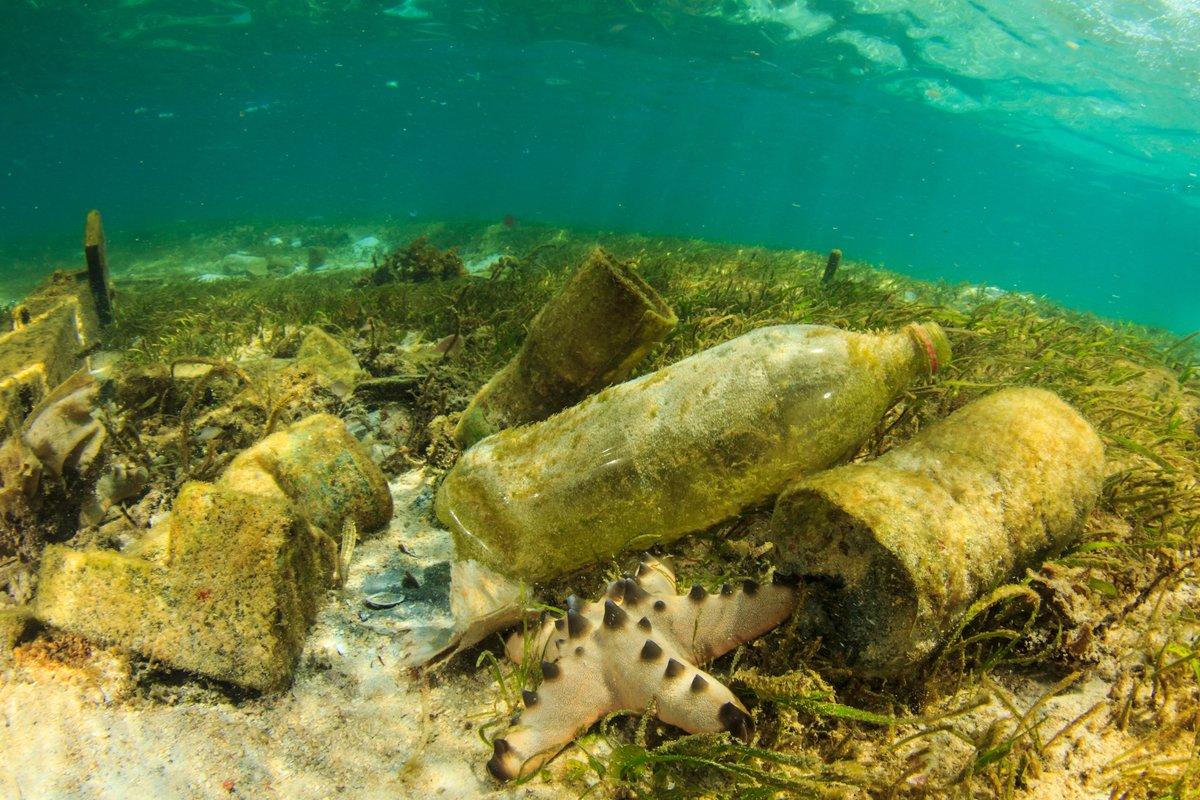Authors: Emma Watkins, Jean-Pierre Schweitzer, Céline Charveriat, Marianne Kettunen
On 16 January 2018, the European Commission published the much anticipated EU Plastics Strategy. In a joint press release, First Vice President Timmermans and Vice President Katainen launched a total of four circular economy initiatives:
- A Communication on a European Strategy for Plastics in a Circular Economy;
- A Communication on the Interface between Chemicals, Products and Waste;
- A Monitoring Framework on the Circular Economy;
- A new Directive on Port Reception Facilities.
All four initiatives link closely with IEEP’s ongoing work on waste, marine litter and plastics, the circular economy and wider economic indicators.
Emma Watkins, IEEP’s Circular Economy lead, remarked:
‘We agree with the Commission that the time for action on plastic waste is now. We particularly welcome the announcement of a legislative proposal on single-use plastics to be published in 2018. The other measures outlined in the Plastics Strategy must also be pursued urgently for the EU to achieve its aim of all plastic packaging being reusable or recyclable by 2030.’
Key conclusions:
- Legislative proposals which support Europe’s ambitions for a more circular economy can bring both socio-economic and environmental benefits, ensuring markets for recycled materials and reducing the economy’s dependence on virgin resources.
- The EU Plastics Strategy provides a basis for key stakeholders – including industry, governments and citizens – to take action to reduce plastic waste and its leakage to the marine and terrestrial environment, though the exact shape of most of the future actions included in the Strategy is yet to be defined.
- Clear and accurate statistical indicators are crucial for measuring Europe’s transition to a circular economy. In general, the EU should aim towards a greater emphasis on progress indicators which go beyond GDP and better account for the development of society and the environment. The EU should also monitor its own global impacts, both in terms of pro-actively supporting a circular, greener economy in the developing world and ensuring its actions and internal policies do not have any negative implications on third countries.
Useful links and IEEP research:
- Using eco-modulation of EPR fees to improve the design of plastics.
- Study on environmental tax reform – including instruments that address circular economy and marine litter.
- Briefing ‘Tackling marine litter with the circular economy and the EU Plastics Strategy’ – including fiches on single use plastics, polystyrene and microbeads.
- G20 insights briefing – for global action to utilise circular economy measures to address marine litter.
- European Commission Beyond GDP website (managed by IEEP) – identifying alternative indicators to GDP.
- Outcomes of IEEP event on ‘Harnessing EU’s circular economy for the 2030 agenda of SDGs’ in November 2017.
- Progress towards the Green and Circular Economy in the EU Outermost Regions.
- Measuring progress on Europe’s SDGs implementation: A view from IEEP
Ongoing work:
IEEP is currently carrying out analysis on single-use plastics (for DG Environment) and the interface of chemicals and plastics (for the OECD). For more information about IEEP’s research in these areas please contact Emma Watkins and Jean-Pierre Schweitzer.


